In a significant and unprecedented turn of events, the National Assembly of Kenya impeached Deputy President Rigathi Gachagua, marking a historic moment in the nation’s political landscape. This event not only underscores the evolving nature of accountability within Kenyan politics but also raises critical questions about governance and the rule of law in the country.
Background: The Rise of Rigathi Gachagua
Rigathi Gachagua, born on February 28, 1965, in Ruguru village, Nyeri County, has had a storied career in public service and politics. He began his academic journey at Kabiru-ini Primary School and later attended Kianyaga High School before earning a Bachelor of Arts degree from the University of Nairobi in 1988.
Before entering politics, Gachagua served in various roles within the Kenyan government. His career began as an administration officer, and he later became a District Officer. In 1991, he transitioned to the Office of the President, where he worked as a personal assistant to the Permanent Secretary. His ascent continued through the ranks, serving in several districts and eventually returning to public service as a personal assistant to then-Minister Uhuru Kenyatta.
In 2017, Gachagua was elected as the Member of Parliament for Mathira Constituency, a position he held until he was elected as Deputy President on August 9, 2022, alongside President William Ruto under the United Democratic Alliance (UDA) ticket, part of the Kenya Kwanza Alliance. Their administration campaigned on a platform of economic transformation and inclusivity, pledging to uplift those at the bottom of the economic pyramid.
The Impeachment Motion
On October 8, 2024, the National Assembly voted overwhelmingly in favor of an impeachment motion against Gachagua, making him the first Deputy President in Kenya’s history to face such proceedings under the 2010 Constitution. The motion, spearheaded by Kibwezi West MP Mwengi Mutuse, accused Gachagua of several violations, including abuse of office, corruption, insubordination, and engaging in ethnically divisive politics.
The allegations were serious, including claims of misusing public funds and fostering a culture of division within the government. According to Parliament Speaker Moses Wetang’ula, a total of 281 members voted in support of the motion, surpassing the required two-thirds majority. In contrast, only 44 members voted against the impeachment, with one abstention.
Gachagua, in his defense, urged lawmakers to “search your conscience” and consider the implications of their vote. He denied all charges, describing them as politically motivated attempts to undermine his office and reputation. He further proclaimed, “I will fight to the end,” as he prepared for the next steps in the impeachment process.
Legal Implications of the Impeachment
The impeachment motion now moves to the Senate, where Gachagua will have the opportunity to present his case. According to Article 145 of the Kenyan Constitution, the Senate must sit within a week of receiving the impeachment motion and has ten days to deliberate on it, including allowing Gachagua to cross-examine the evidence against him.
For Gachagua to be removed from office in the Senate, a two-thirds majority will also be required. Should the Senate uphold the impeachment, it would set a significant precedent in Kenyan politics, reinforcing the principle of accountability for high-ranking officials. The implications of this case extend beyond Gachagua’s political future; it could influence how future administrations operate and hold their officials accountable.
Public Reaction and Political Context
The impeachment of Deputy President Gachagua has sparked a range of reactions from the public and political analysts. Supporters view the move as necessary for accountability, emphasizing that no one is above the law. Critics, however, argue that the impeachment is a politically motivated effort to destabilize the current administration.
Gachagua’s impeachment comes at a time of significant political tension in Kenya. Recent months have seen shifts in alliances within the ruling coalition, and reports suggest that Gachagua has felt sidelined by President Ruto’s administration. This backdrop of political maneuvering adds another layer of complexity to the impeachment proceedings.
The Future of Gachagua and the Administration
As Gachagua prepares to face the Senate, the future of his political career hangs in the balance. If the Senate confirms the impeachment, it will not only be a first for a Deputy President in Kenya but also a critical moment for the Kenya Kwanza administration, which could face further scrutiny and challenges moving forward.
Moreover, Gachagua’s legal team has indicated plans to appeal the decision, which could prolong the proceedings and keep the political landscape in a state of flux. The outcome of the Senate’s decision will undoubtedly have lasting implications for both Gachagua and President Ruto, potentially reshaping their political alliances and strategies ahead of future elections.
What Next for Deputy President Rigathi Gachagua
As Deputy President Rigathi Gachagua navigates the consequences of the National Assembly’s impeachment, several options lie before him, each with its own set of legal and political implications. His decision will shape his future and the political landscape in Kenya.
If Gachagua chooses to resign before the Senate vote or after an unsuccessful appeal, he may face mixed consequences. Under Kenyan law, if a deputy president resigns voluntarily, they may still be entitled to their pension and allowances, as long as no criminal proceedings have led to a conviction that would disqualify them. However, the resignation would be seen as an acknowledgment of the charges, potentially damaging his political career and prospects.
On the other hand, if Gachagua decides to appeal the impeachment decision, the process could be prolonged. Should he file an appeal, the case may go through the courts, which could temporarily halt any further proceedings against him in the Senate until a final ruling is made. If the court rules in his favor, the impeachment could be overturned, allowing him to reclaim his position. However, this route involves political and legal uncertainty, and he would need to build a strong legal case to challenge the decision effectively.
The future of Gachagua remains unpredictable as he faces these critical choices.
Conclusion
The impeachment of Rigathi Gachagua is more than just a political event; it is a reflection of the changing dynamics of governance in Kenya. As the nation navigates this unprecedented situation, the principles of accountability, transparency, and the rule of law will be put to the test. The implications of this impeachment will be felt not only in the corridors of power but also in the daily lives of Kenyans who are watching closely as their leaders face scrutiny for their actions.
As the Senate prepares to deliberate on this historic motion, the outcome remains uncertain, but one thing is clear: the political landscape in Kenya is evolving, and the call for accountability is resonating louder than ever.
What are your thoughts on the impeachment of Deputy President Rigathi Gachagua? Do you believe this marks a significant turning point in Kenyan politics, or do you view it as a politically motivated maneuver? Share your insights in the comments below, and let’s engage in this crucial conversation about the future of governance in Kenya.

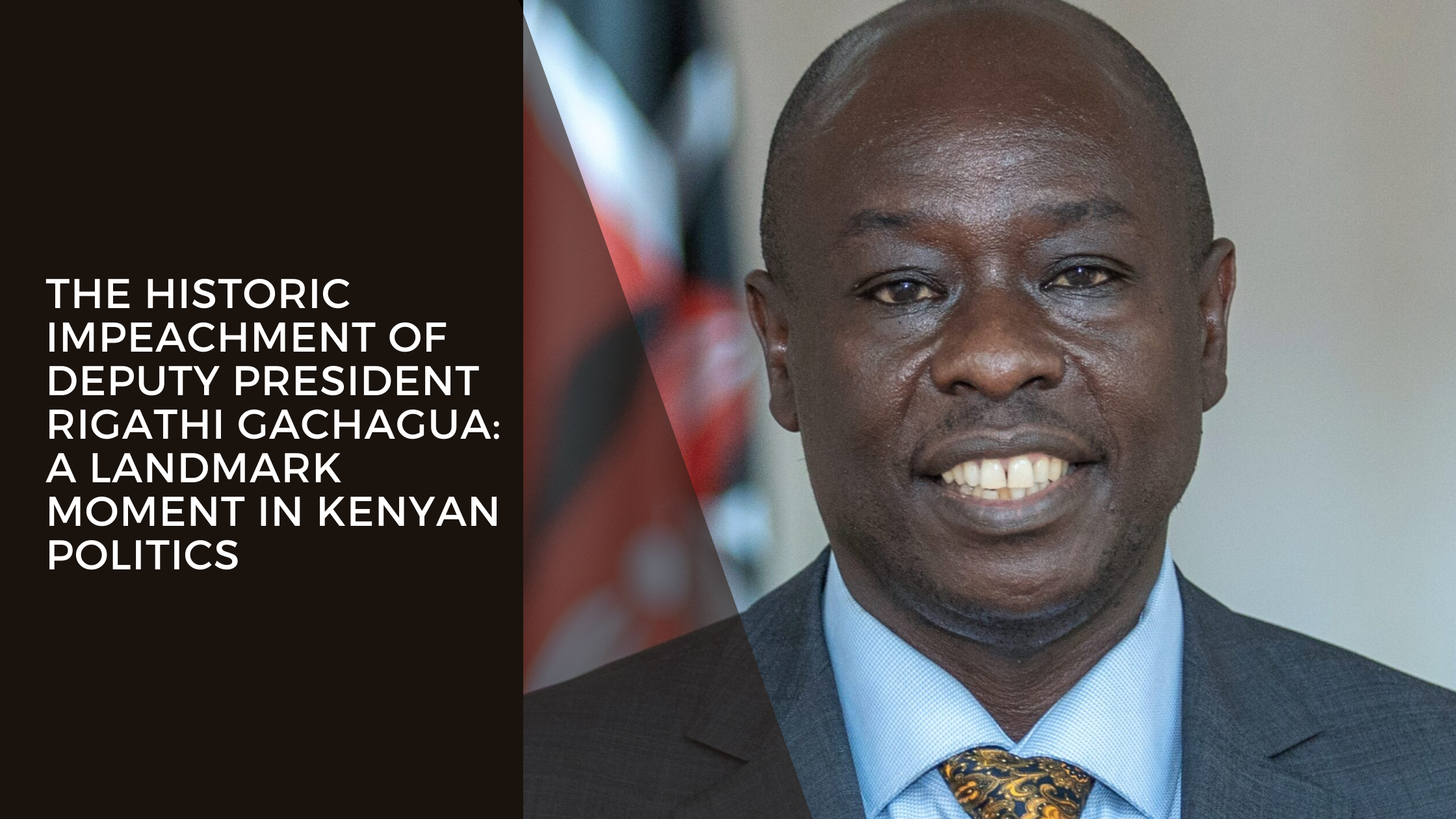
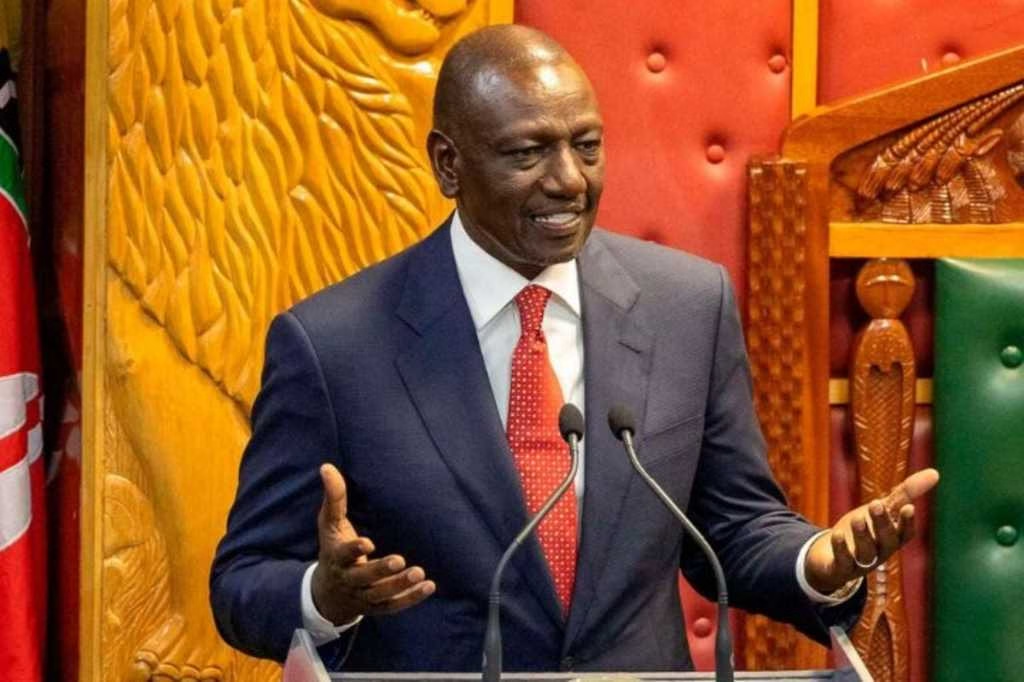

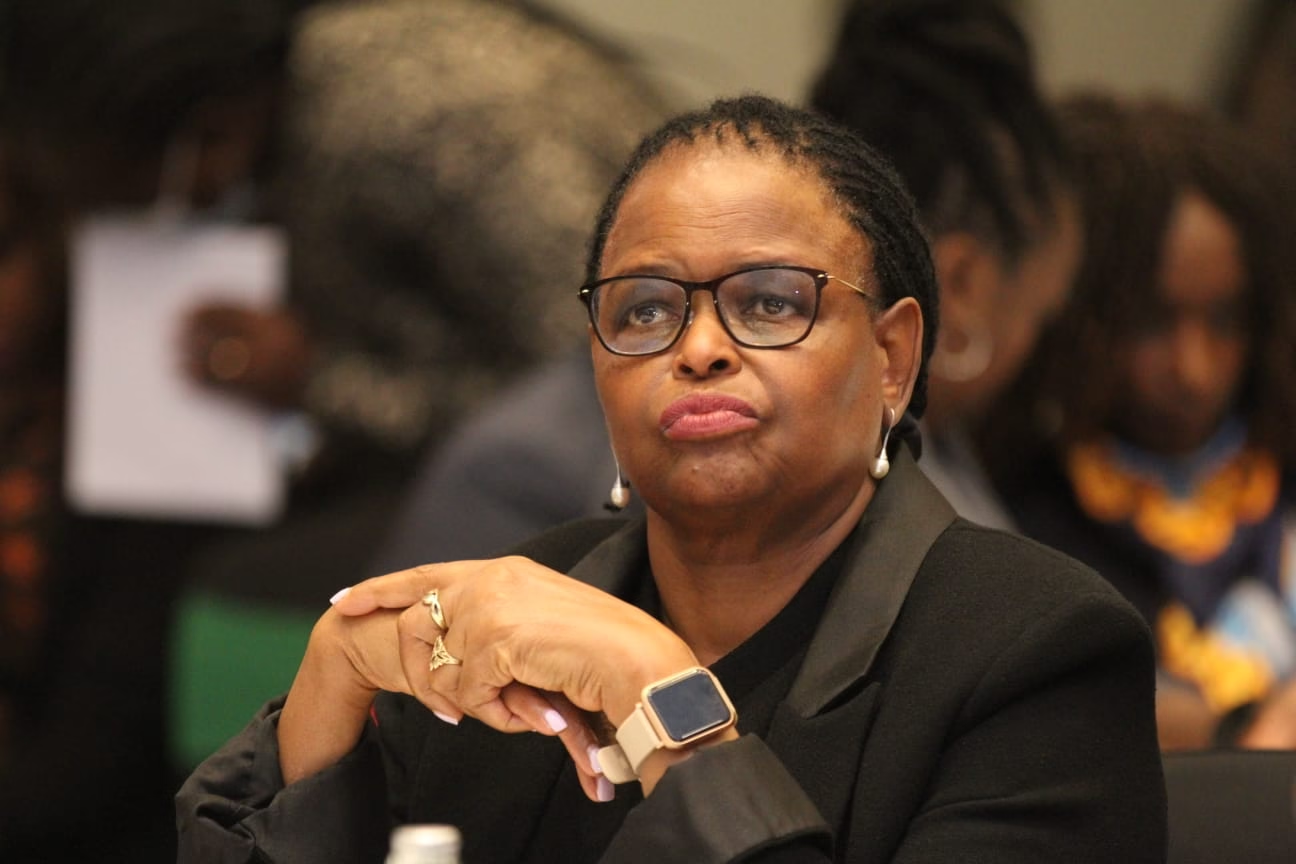
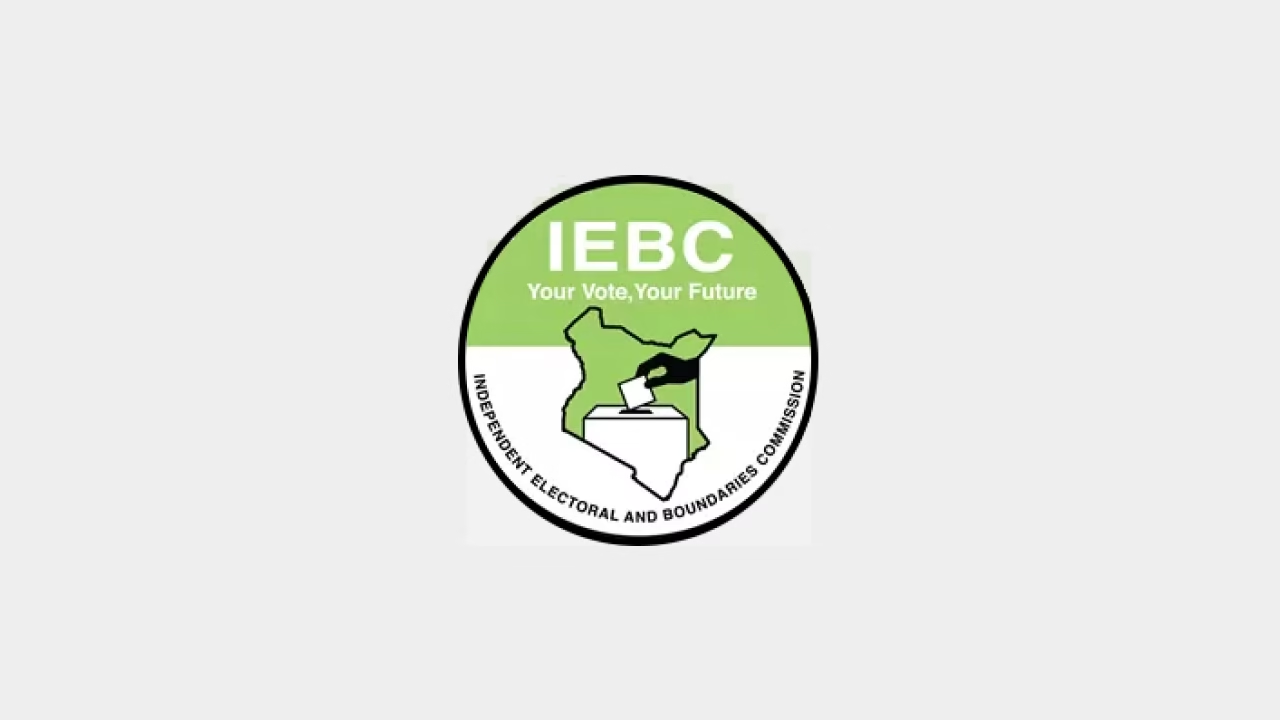

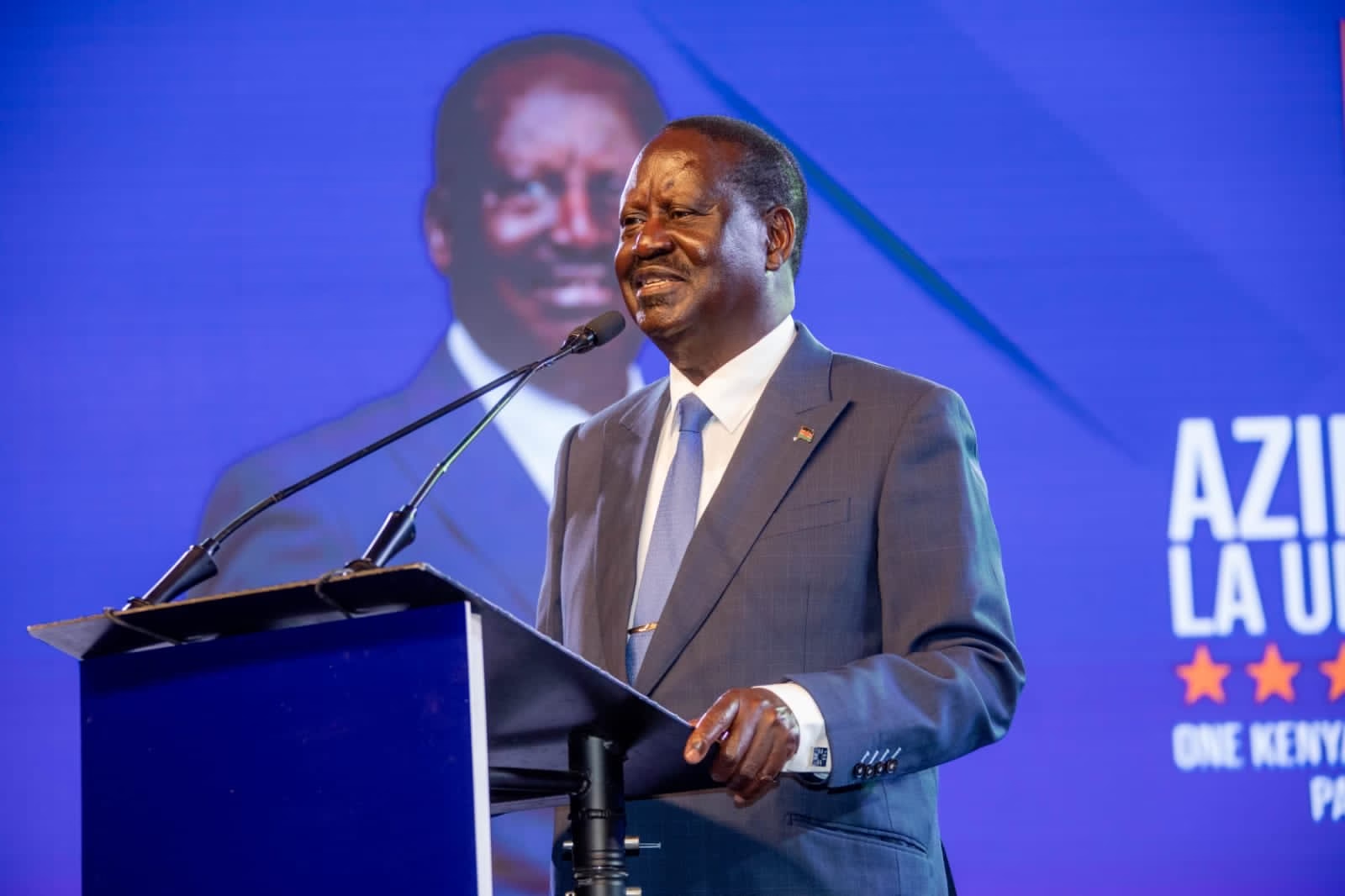


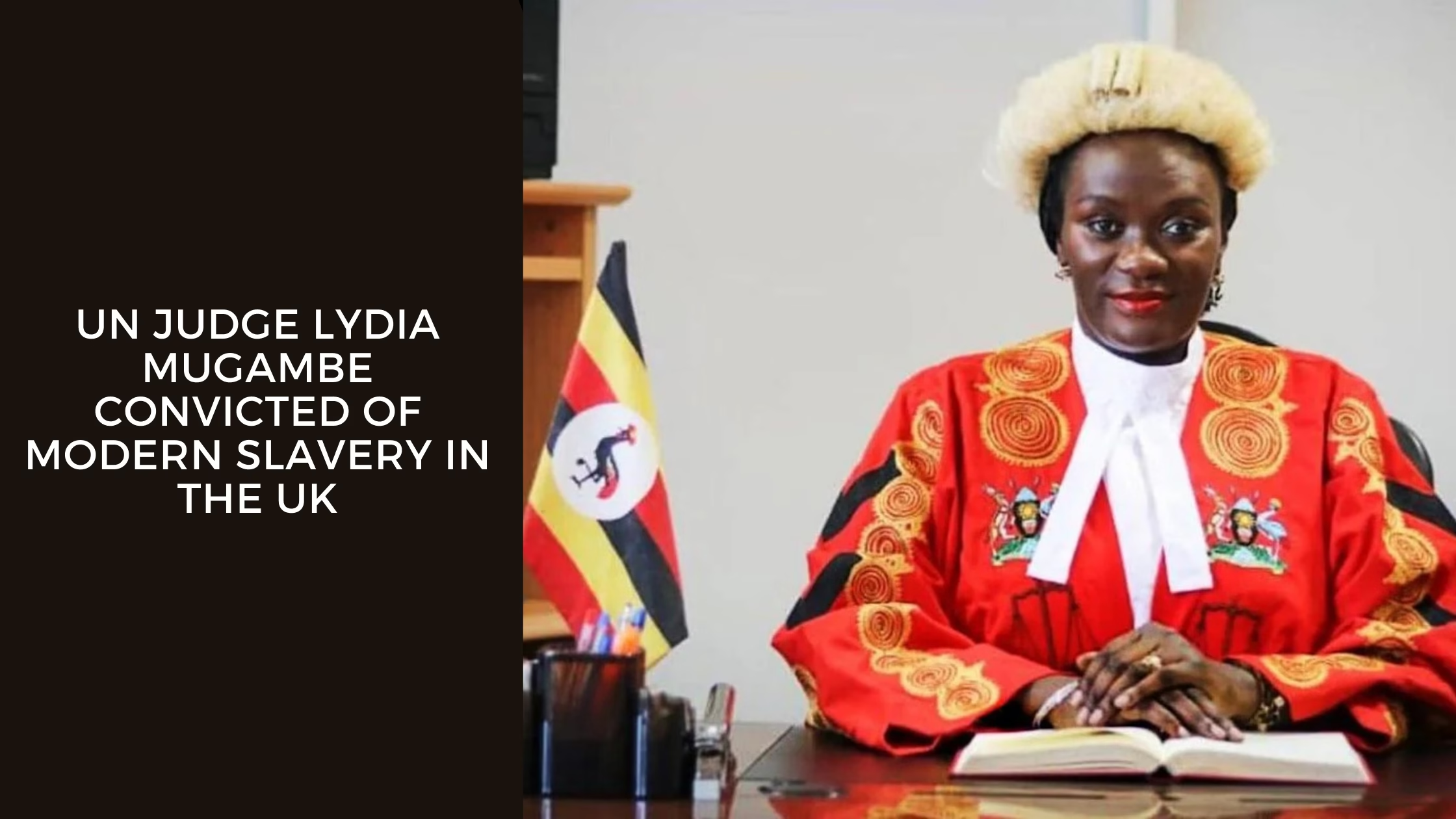
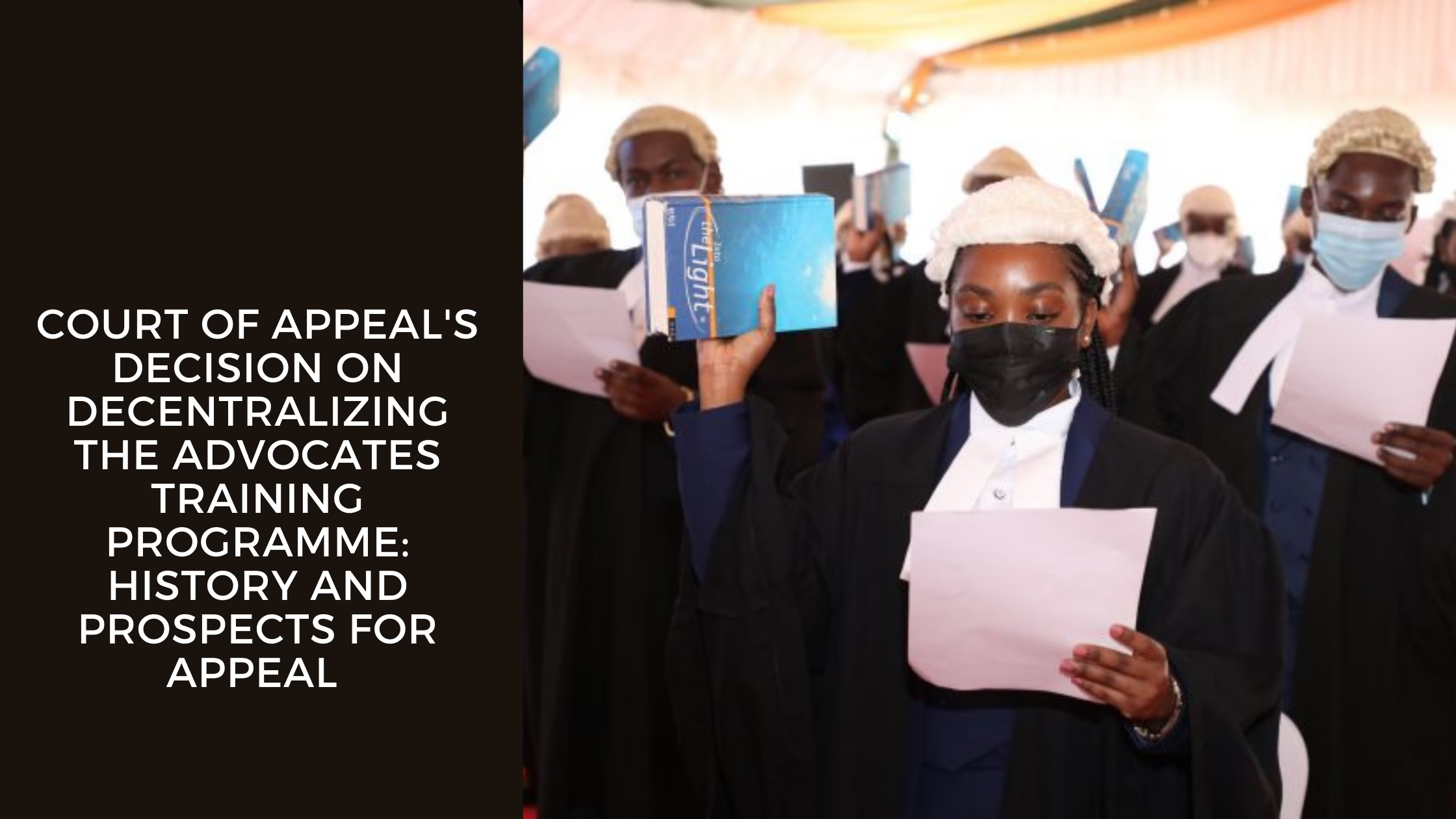




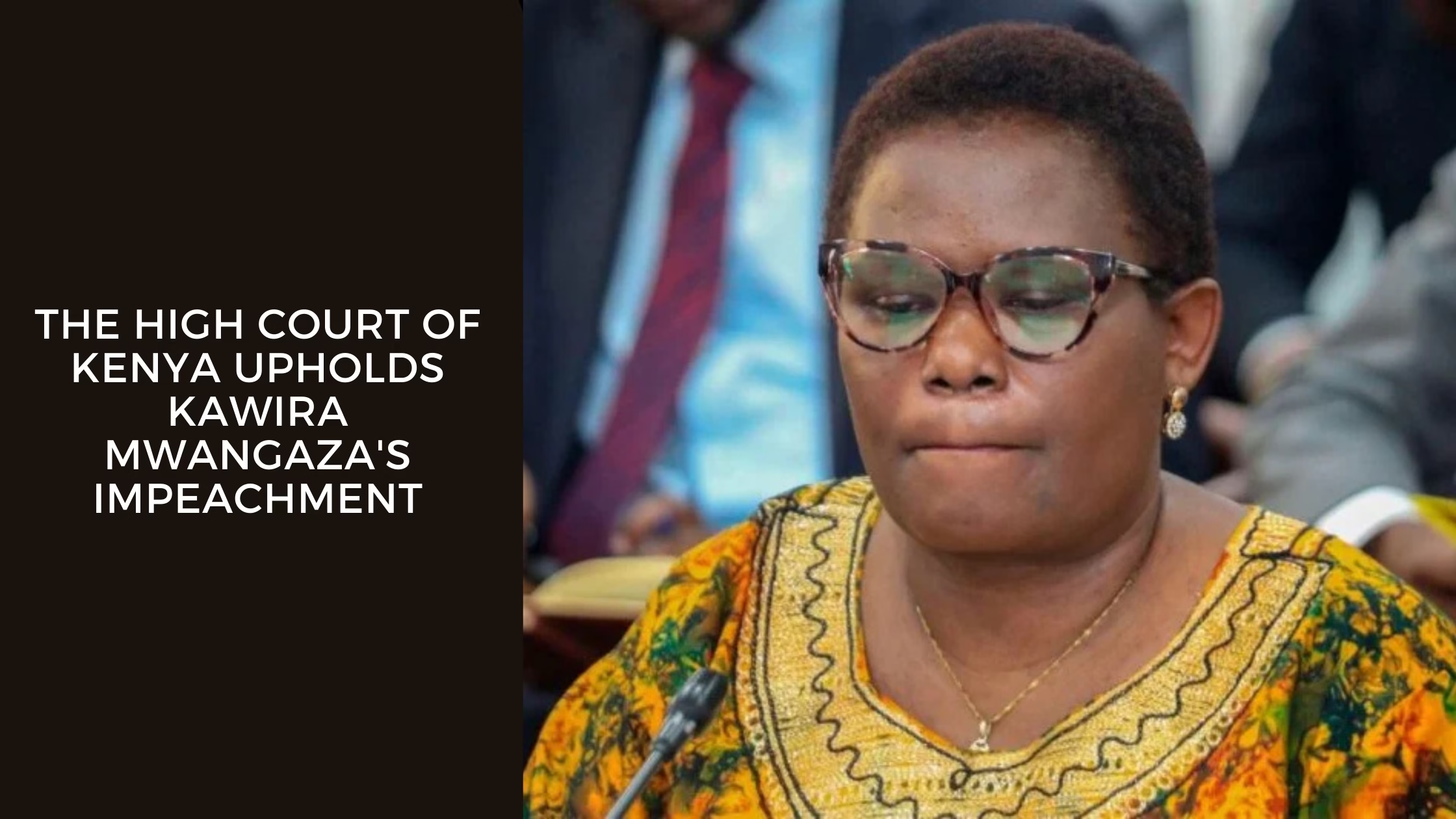
Leave a Reply